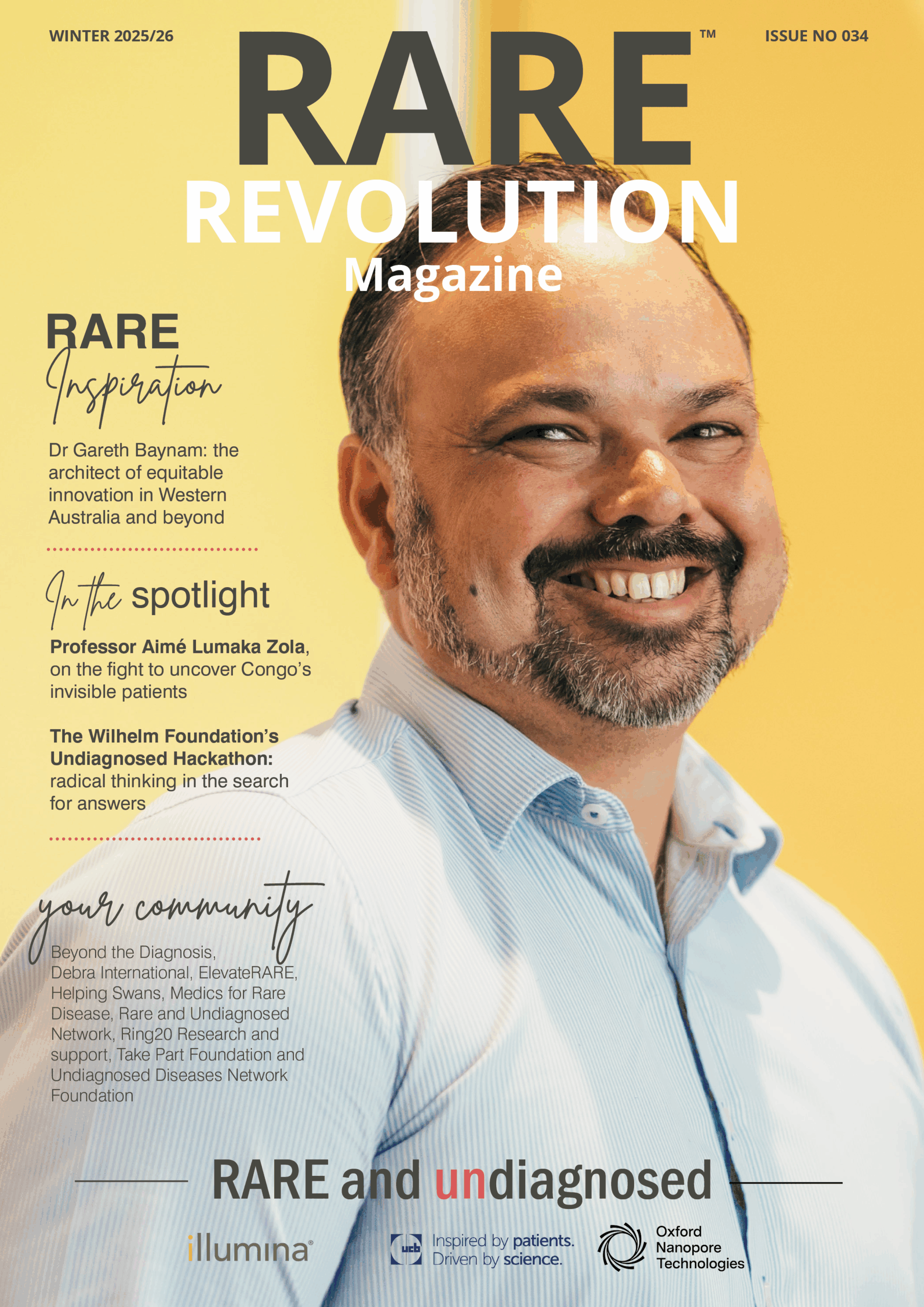NF1 breast cancer awareness campaign: Leading NF1 expert Professor Gareth Evans calls for earlier screening

Professor Gareth Evans, a leading expert in medical genetics and cancer epidemiology, discusses the challenges and importance of early detection for individuals with Neurofibromatosis Type 1 (NF1), an inherited condition linked to a gene on chromosome 17 that predisposes individuals to tumours, including malignant ones.. He highlights the increased risk of breast cancer in NF1 patients, the need for improved screening methods, and the potential of new drug treatments.

Professor Evans explains that his team was one of the first to demonstrate the increased breast cancer risk in NF1 patients, particularly between ages 30-39. He describes the mammogram screening process and the need for early detection to prevent metastatic cancer.
“I started in Manchester in 1990 and my sort of remit to learn genetics at the time was also to set up a service for inherited cancer and inherited cancer syndromes, and we were pretty much the first to demonstrate there was an increased risk of breast cancer in NF1”

However, he notes that many physicians are unaware of NF1, despite its relatively common occurrence. He advocates for improved access to regular screening, such as annual MRI or mammograms starting at age 35, as well as the development of reliable early detection blood tests and new treatment options like MEK inhibitors. Ultimately, he emphasises the importance of empowering NF1 patients to be proactive about their health, as early detection is crucial for managing this complex genetic condition.
Professor Evans has written an open letter to General Practitioners in the UK, which you can download and send to your own GP. The letter addresses the increased risk of breast cancer in females with NF1. It includes references statistics including that individuals with NF1 have a 20% lifetime risk of breast cancer, significantly higher for those under 50 (5-fold increased risk). It recommends that women with NF1 should be referred for annual mammography screenings starting between ages 40-50, as about half of NF1-related breast cancers are diagnosed before age 50, compared to less than 20% in the general population. The letter emphasises the need for early detection and monitoring, recommending referrals to local family history clinics for screening.
We are delighted to work with Childhood Tumour Trust to raise awareness of the risk of breast cancer in people with NF1 and the importance of early breast screening. People with NF1 are at increased risk of developing breast cancer with those under the age of 50 having an up to 5 fold increased risk over general population. It is vital that people with NF1 understand their risk, know how to check their breasts, know what screening options are available and can advocate for themselves with healthcare professionals to ensure access to early screening which may fall outside of NHS normal screening age guidelines. You can view the entire campaign at https://breastcancer.childhoodtumourtrust.org.uk and also download the below factsheets.






